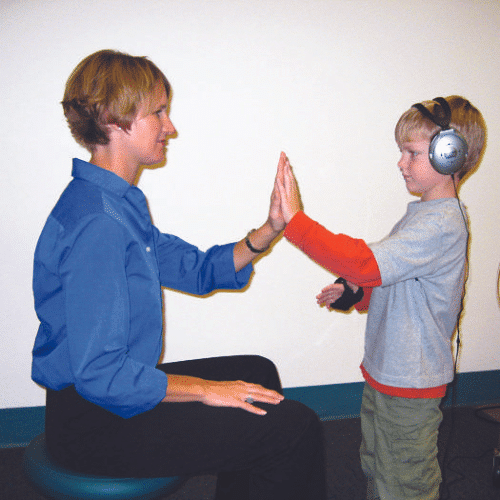Interactive Metronome Helps Children Improve in School
We wanted to share two inspiring case studies with you about how Interactive Metronome (IM) has helped children improve their school performance. An 8-year-old boy named Matthew struggled with reading due to poor fluency and comprehension skills. After just two months of IM, his teacher noticed he began focusing better and wasn’t asking as many questions. Halfway through 3rd grade, Matthew’s reading comprehension level registered on the scale, and his handwriting skills improved too!
Similarly, a 13-year-old girl named Elyssa was diagnosed with Mild Intellectual Impairment and had trouble in school with understanding directions and focusing. After 6 weeks of IM training, her teacher reported that she was reading more fluently and confidently participating in classroom discussions. Elyssa was even able to test out of 2 of her Special Education classes!



